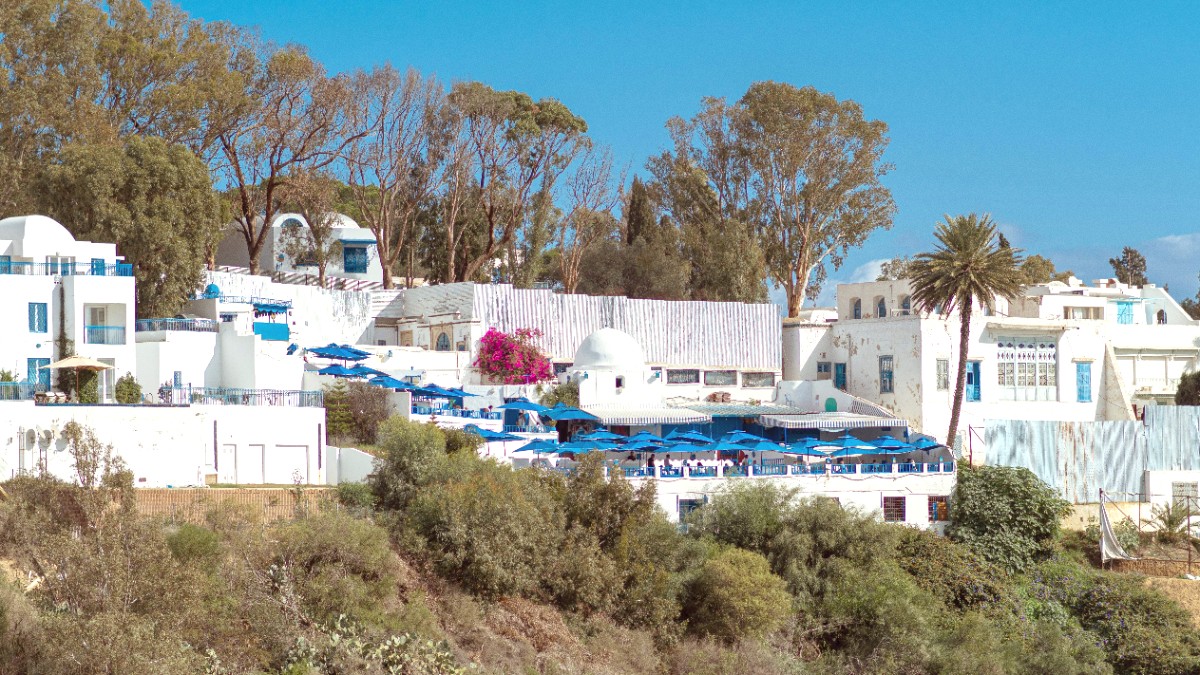
Tunisia
Support Tunisia's national parks, like Ichkeul, an UNESCO World Heritage site known for migratory birds. Adhere to park rules.
Recycling is not wide. Carry reusable items. Tunisia faces water stress; be mindful of your water usage.
Consider purchasing carbon offsets for your international flights to mitigate environmental impact.
Your travel choices can have a positive economic outcome for local communities.
Seek out cooperatives or direct artisan sales. This ensures fair compensation for producers and supports local livelihoods. Authentic handicrafts directly from workshops strengthen traditional crafts.
Support community-based tourism initiatives. This includes homestays, small local restaurants, and local guides. These ventures often distribute tourism income more directly to the community.
Consider purchasing carbon offsets for your international flights. This action lessens the environmental outcome of your travel. Many airlines present this option directly during booking.
Avoid supporting activities that exploit animals, like poorly regulated camel rides or animal shows. Always look for humane treatment of animals in any tourist attraction or activity.
Do not give money to begging children; instead, donate to reputable local charities if you wish to provide aid.
Eating at local restaurants and shopping at local markets strengthens the Tunisian economy.
Every travel decision shapes your experience and its outcomes for the destination. Choose wisely.
Ensure your trip benefits the people and places you visit.
Support local businesses by dining at local restaurants, shopping at local markets, and hiring local guides. This strategy keeps money within the Tunisian economy rather than redirecting it to international chains.
Actively choose initiatives that directly benefit local communities. This includes selecting homestays, dining at small, local restaurants, and hiring local guides. These ventures distribute tourism income directly.
Look for hotels with sustainability certifications or practices, like water/energy saving programs or local sourcing of food. Some eco-lodges exist in rural or desert areas.
Choose accommodations that prioritize environmental friendliness.
Support hotels that source food and goods locally.
Seek establishments with water and energy saving programs.
Travel with a thoughtful approach to local communities.
Avoid supporting activities that exploit animals, like poorly regulated camel rides or animal shows. Look for humane treatment. Do not give money to begging children; instead, donate to reputable local charities if you wish to provide aid.
Interacting respectfully with local culture enriches your travel experience and honors the community. Learn basic Arabic or French phrases. Be patient and polite when bargaining in souks; it presents a cultural exchange.
Remove your shoes before entering mosques. Women should cover their heads (carry a scarf) and ensure shoulders and knees are covered. Men should also dress modestly. Maintain silence and respect during prayer times.
Do not give money to begging children; instead, donate to reputable local charities if you wish to provide aid. This action addresses root causes of poverty more effectively and directly.
Seek out cooperatives or direct artisan sales. This ensures fair compensation for producers and supports local livelihoods.
Your purchases directly benefit local artisans.
Direct sales avoid intermediaries, ensuring better returns for creators.
Buying handicrafts aids in the continuation of cultural heritage.
Be cautious of overly aggressive vendors. Politeness and firmness work best. Walk away if uncomfortable.
Travel with respect and awareness of local customs and environmental considerations for a rewarding journey.